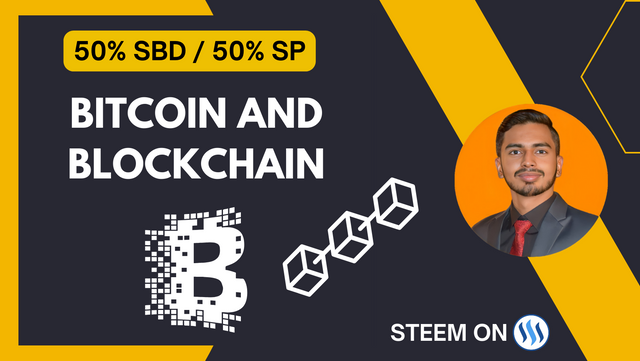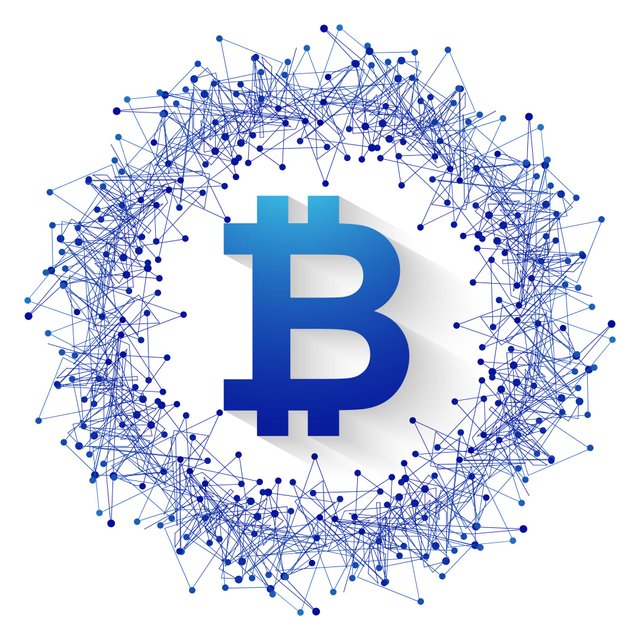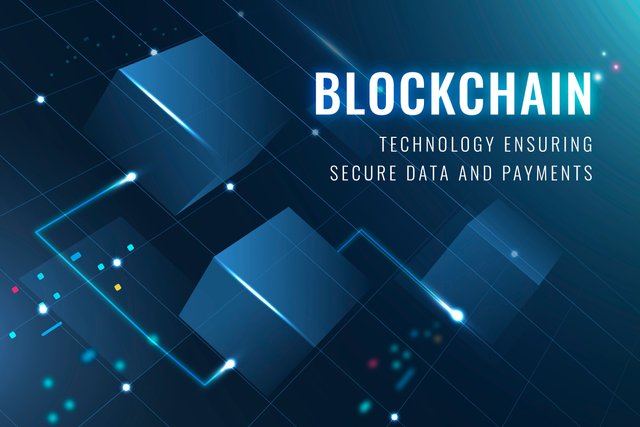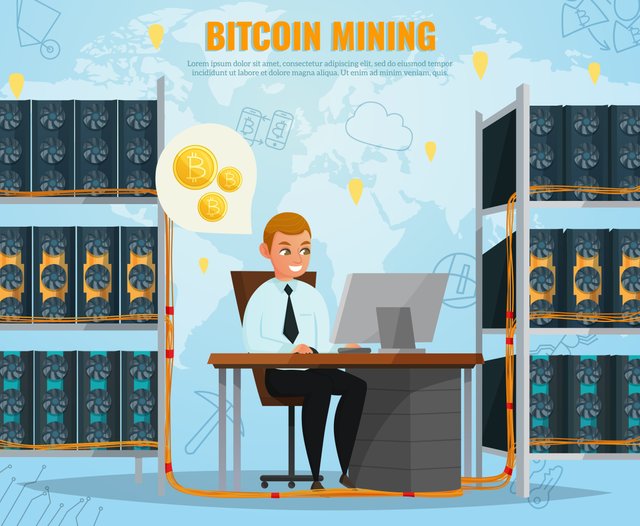Writing Expedition ✍️ || Bitcoin and Blockchain
Greetings everyone! hope you're having an awesome day. I had some spare time today, so I wanted to share another informative post for you all about "Bitcoin and Blockchain."
I know anyone hanging out here is probably familiar with those terms already, but sometimes when a newbie asks us about crypto, Bitcoin, or blockchain, we might get a little tripped up explaining things properly.
In this post, I'll try breaking it all down in simple terms, at least how I understand it, what exactly Bitcoin and blockchain are, and why they're called "revolutionary" technologies. Shall we dive in?
Understanding Bitcoin and Its Origins
So, what is Bitcoin anyway? Lots of misconceptions floating around about this one. Bitcoin is a digital currency powered by blockchain technology. It lets people send money to anyone in the world without needing a bank. It's decentralized too - no governments or banks control it.
The world first learned about Bitcoin when Satoshi Nakamoto dropped a little whitepaper back on October 31, 2008. The paper introduced blockchain and digital currencies. Bet some of you wish you'd read that bad boy back in the day and scooped up some Bitcoins! 😁
This regret is common, but nothing can be done now, and besides, no one knew back then that Bitcoin would become such a popular digital currency.
Now here's where things get mysterious - no one actually knows who Satoshi Nakamoto is! Wild right? Some argue it's not even a person but rather an organization. Spooky!
Anyway, let me step back for a sec and cover what a whitepaper is. A whitepaper explains how a specific project aims to solve a problem. In this case, Satoshi Nakamoto proposed blockchain as the solution.
Exploring Blockchain Technology
Alright, so what does this blockchain thing have to do with Bitcoin and other cryptocurrencies? Simply put, Blockchain is a kind of database or record of transactions stored on thousands of computers across the internet.
It contains a permanent ledger that can never be changed. This ledger is divided into blocks. Each block contains details of certain transactions. When a new block is added, it connects to the previous block, forming a chain. This is why it’s called a blockchain.
Think of a ledger as an account book tracking financial ins and outs. Blockchain is a kind of distributed digital ledger where transaction details are permanently recorded on the blockchain network. This data can’t be hacked because it’s a decentralized database. This ledger allows cryptocurrencies like Bitcoin to operate for years without centralized control.
But why do people call blockchain revolutionary? It permanently timestamps data into previous records using sophisticated math, making false entries practically impossible. This helps control fraud.
The biggest advantage is transparency. All transactions are visible to everyone, yet users' identities remain private, providing anonymity. Anonymity plus security! No wonder blockchain has researchers laser-focused hunting for use cases!
Bitcoin Transactions and the Role of Miners
Hopefully, you now have a basic grasp of blockchain and Bitcoin! Let me break down how Bitcoin transactions work and the key role miners play...
When someone makes a Bitcoin payment, their device requests the transfer. Transaction data from their Bitcoin wallet is distributed across the entire network, forming blocks. These blocks need to be verified and authenticated, which is where miners come in.
Miners operate powerful computers to solve complex mathematical puzzles. So, miners are crucial to confirming transactions and updating ledgers. For all this critical work, they collect rewards in the form of Bitcoins. Just know that mining rewards fluctuate over time by design.
What makes transacting in Bitcoin so game-changing? Anonymity tops the list. You can send money to anyone, anywhere, without anyone finding out. Financial privacy is tricky to achieve, so Bitcoin offers uncommon security on that front.
Fees are minimal compared to traditional digital payments, and transfers clear fast - we're talking minutes worldwide. Speed, affordability, and reach are all in your control. And legally, no single country governs Bitcoin. Strictly peer-to-peer without jurisdictional meddling.
So, in a nutshell, that explains the blockchain-Bitcoin connection! Let me know if you have any questions.




